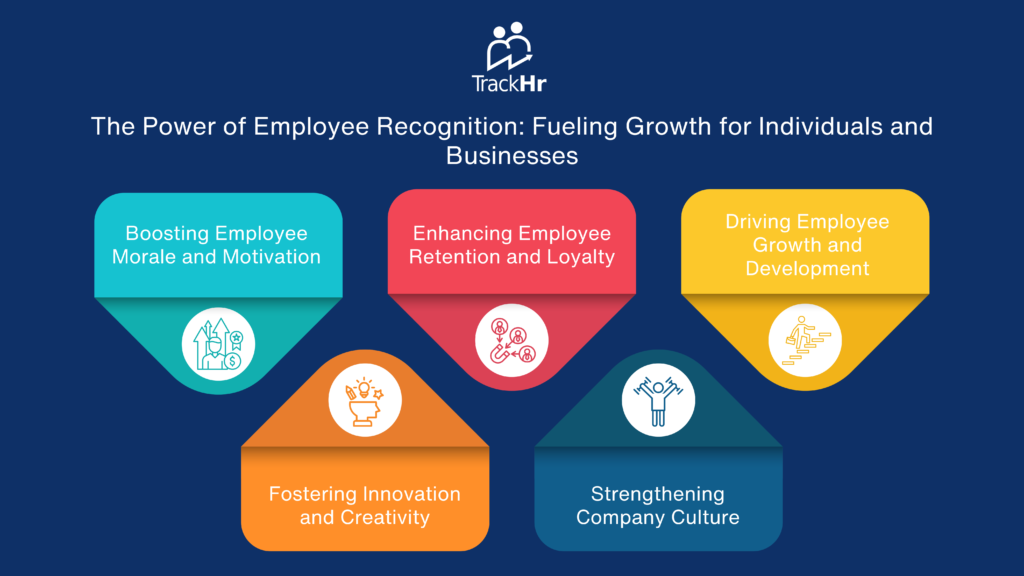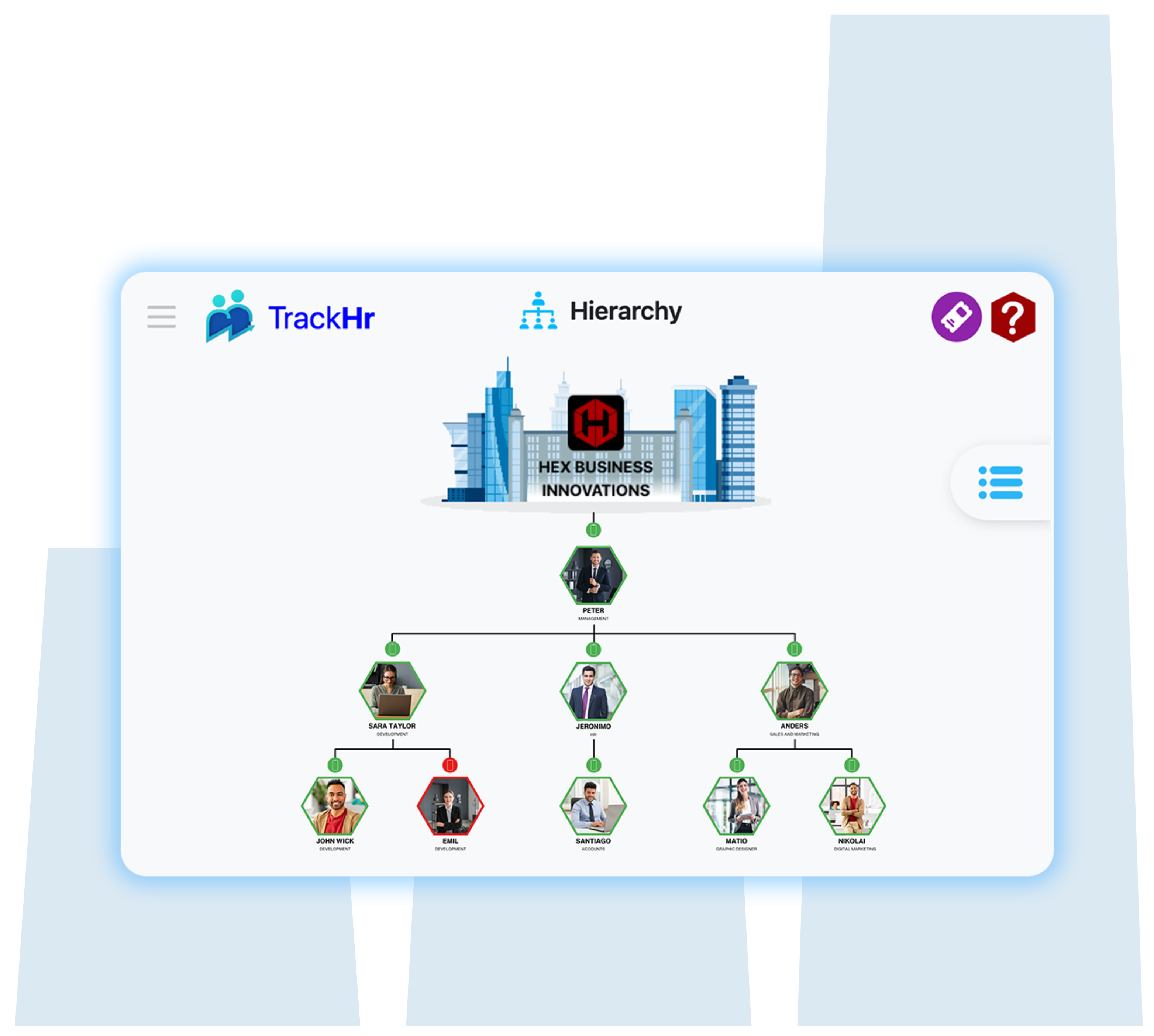Thursday, 16 May 2024
The Power of Employee Recognition: Fueling Growth for Individuals and Businesses
Introduction
In the dynamic landscape of modern business, one factor stands out as a cornerstone for both employee satisfaction and organizational success: recognition. The act of acknowledging and appreciating employees’ efforts and achievements is not merely a feel-good exercise but a strategic imperative that fosters growth on multiple levels. Let’s explore why employee recognition is crucial for the development of both employees and the business.

Boosting Employee Morale and Motivation
Recognition as a Motivator: At its core, recognition satisfies a fundamental human need for acknowledgment and appreciation. When employees feel valued, their motivation levels soar. This intrinsic motivation drives them to put in their best efforts, leading to higher productivity and better performance.
Creating a Positive Work Environment: A culture of recognition cultivates a positive atmosphere where employees feel happy and engaged. When team members know their contributions are appreciated, they are more likely to have positive interactions with their colleagues, leading to a harmonious and collaborative work environment.
Enhancing Employee Retention and Loyalty
Reducing Turnover: High turnover rates are costly and disruptive. Recognizing employees’ hard work and achievements significantly boosts their job satisfaction and loyalty. When employees feel appreciated, they are less likely to seek opportunities elsewhere, thus reducing turnover and associated recruitment and training costs.
Building Trust and Commitment: Regular recognition helps build a strong bond of trust between employees and management. This trust is the foundation of a committed workforce that is dedicated to the company’s vision and goals. Employees who feel valued are more likely to go above and beyond their job descriptions, contributing to the overall success of the business.
Driving Employee Growth and Development
Encouraging Continuous Improvement: Recognition programs often highlight specific achievements and skills, providing employees with clear examples of what success looks like. This can be incredibly motivating for continuous personal and professional development. Employees are more likely to seek out learning opportunities and strive for excellence when they know their efforts will be recognized.
Promoting Career Advancement: When employees are recognized for their contributions, it often leads to increased opportunities for career advancement. Recognition can highlight potential leaders within the organization, paving the way for promotions and new responsibilities. This not only benefits the individual employee but also strengthens the leadership pipeline within the company.
Fostering Innovation and Creativity
Creating a Safe Space for Ideas: When employees feel recognized and appreciated, they are more likely to contribute innovative ideas and creative solutions. Acknowledging these contributions, no matter how small, encourages a culture of innovation where employees feel safe to express their thoughts and take calculated risks.
Accelerating Business Growth: Innovative ideas and creative solutions are the lifeblood of any successful business. By fostering a culture of recognition, companies can tap into the vast potential of their workforce, driving innovation that leads to new products, services, and improved processes. This continuous cycle of innovation is crucial for staying competitive in today’s fast-paced market.
Strengthening Company Culture
Aligning Values and Goals: Recognition programs can be tailored to reinforce the company’s core values and goals. By recognizing behaviors and achievements that align with these values, companies can strengthen their culture and ensure that all employees are working towards a common objective.
Building a Strong Employer Brand: A culture of recognition makes a company more attractive to potential employees. When word spreads that a company values and appreciates its employees, it enhances its reputation as a desirable place to work. This strong employer brand can attract top talent, further contributing to the business’s growth and success.
Conclusion
Employee recognition is not just a feel-good initiative; it is a strategic tool that drives growth for both individuals and the organization. By boosting morale, enhancing retention, fostering development, encouraging innovation, and strengthening company culture, recognition creates a virtuous cycle of success. For businesses aiming to thrive in today’s competitive environment, investing in a robust recognition program is not just beneficial—it is essential.



